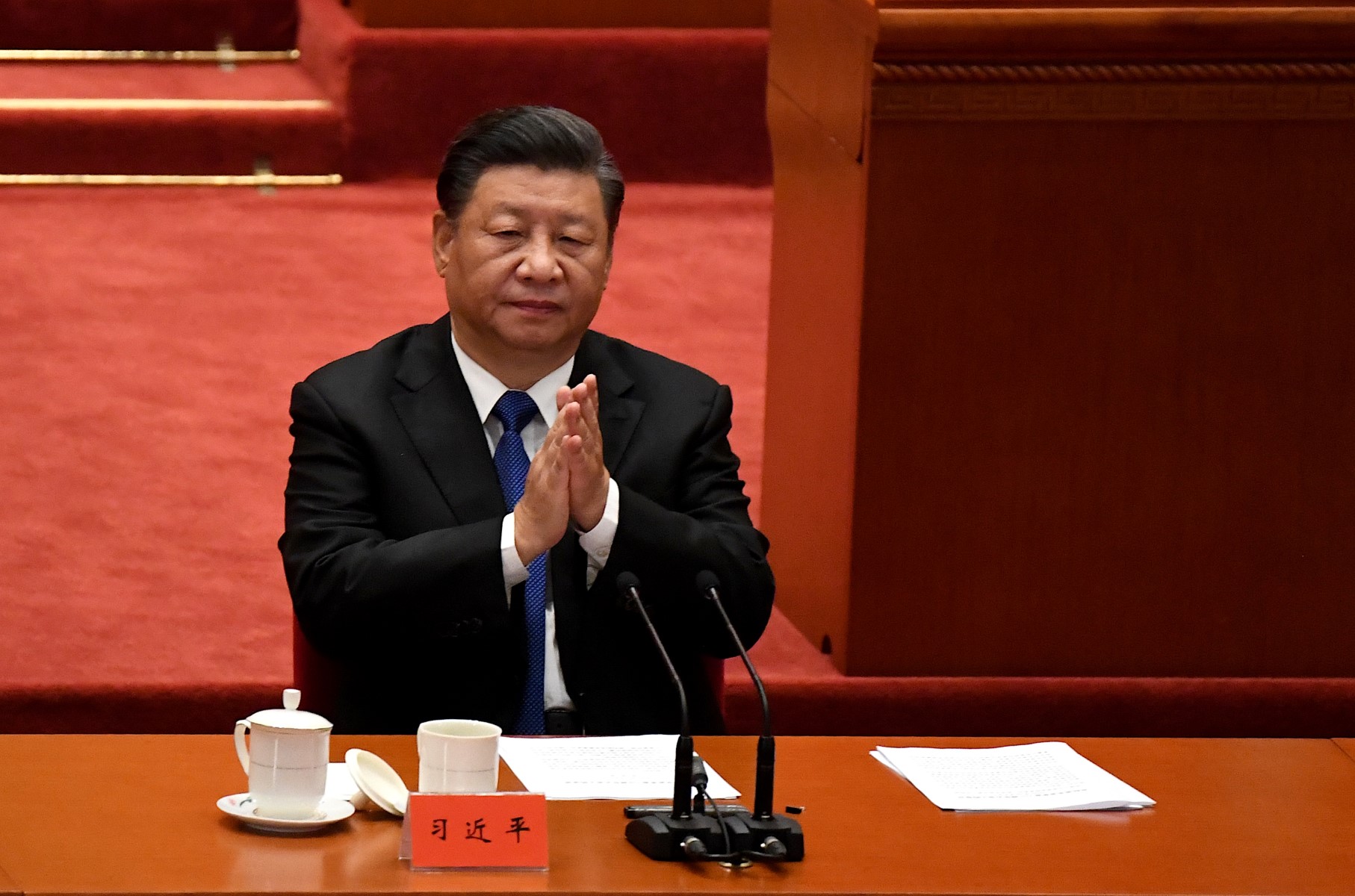Nicaragua switches diplomatic recognition from Taiwan to China

Nicaragua switched diplomatic allegiance from Taiwan to China on Thursday in a diplomatic coup for Beijing as it seeks to isolate the democratic island it has vowed to one day seize.
The announcement now leaves Taiwan with just 14 diplomatic allies but comes as Taipei strengthens ties with multiple unofficial Western friends including the United States.
China has spent decades successfully encouraging Taiwan’s diplomatic allies to switch sides, including three others in Latin America in recent years — Panama, El Salvador and the Dominican Republic.
On Thursday, the administration of Daniel Ortega announced that Nicaragua was following suit.
“The People’s Republic of China is the only legitimate government representing all of China, and Taiwan is an inalienable part of Chinese territory,” Foreign Minister Denis Moncada said.
Taiwan expressed “heartfelt pain and regret” over the decision and the foreign ministry promptly removed Nicaragua from its dwindling list of diplomatic allies on its website.
But it also said it would continue to build alliances elsewhere.
“As a member of the international community, Taiwan has the right to exchange and develop diplomatic relations with other countries,” the foreign ministry said.
China’s state news agency Xinhua said Chinese and Nicaraguan officials met in the Chinese city of Tianjin on Friday.
Beijing’s foreign ministry said the two sides signed a joint communique to establish ties.
“This is a correct choice that conforms to broader trends and people’s aspirations. China highly commends this,” the ministry said.
– Honduras next? –
China’s Communist Party leaders claim Taiwan as part of their territory and have vowed to one day take the island, by force if needed.
Relations between the two sides have plunged under Chinese President Xi Jinping.
Beijing started ramping up diplomatic, military and economic pressure after the 2016 election of Taiwanese president Tsai Ing-wen.
She regards Taiwan as an already sovereign nation and not part of “one China”.
But Beijing’s sabre-rattling has reached new heights in the past 18 months with Chinese fighter jets and bombers now routinely flying into Taiwan’s air defence identification zone, a step they had largely avoided before.
In the past, Taipei had fluid relations with Nicaragua, cooperating on issues such as health and agriculture.
When he returned to power in 2007, Nicaraguan President Daniel Ortega — a former Marxist guerrilla — had expressed his hope to establish ties with both China and Taiwan at the same time, a concept that China would not condone.
Sociologist and economist Oscar Rene Vargas said the switch could be motivated by US sanctions against Nicaragua.
Fearing isolation, Ortega was seeking “Chinese political support,” Vargas told AFP adding that the move would allow the Nicaraguan leader to exploit disagreements between Russia, China and the United States.
Taiwan’s remaining allies in Central America are Belize, Guatemala and Honduras. It has ties with a handful of other countries including Haiti and Paraguay.
Honduras looks like it could be the next ally to fall after leftist Xiomara Castro won election earlier this month.
Castro, who will take office in late January, has previously said she plans to make the switch to China.
Outside of Latin America and the Caribbean, Taiwan’s remaining diplomatic allies are limited to four small Pacific island nations, Eswatini in Africa and the Vatican.
Enjoying this article?
Subscribe to get more stories like this delivered to your inbox.
However multiple powerful Western allies continue to maintain de facto diplomatic relations with Taipei and those relationships have strengthened in recent years as China’s threats of invasion have become more pronounced.
In recent months, there has been a flurry of diplomatic activity in Taipei with multiple delegations from the United States and several European nations visiting.
Taiwan’s digital minister and its envoy to Washington are currently attending US President Joe Biden’s “Democracy Summit” — an invitation that infuriatied Beijing.
Smaller European nations have also reached out to Taiwan.
Last month, China downgraded diplomatic ties with Lithuania after Vilnius agreed to let Taiwan open a trade mission. A Slovakian delegation visited this week.
Jessica Drun, a Taiwan expert at the Atlantic Council, said Taiwan will likely be unruffled by the loss of another diplomatic ally.
“I personally believe that Taiwan’s unofficial relationships are more critical than its official ones,” she told AFP.
© Agence France-Presse
Agence France-Presse
